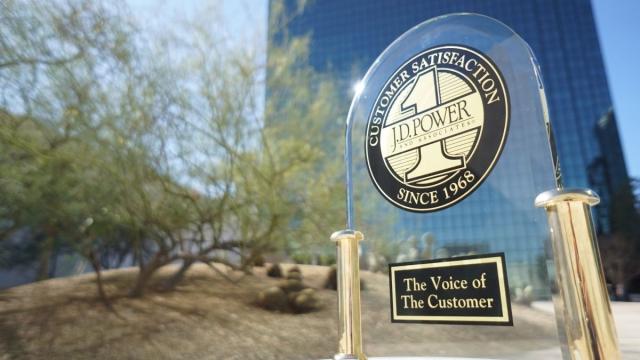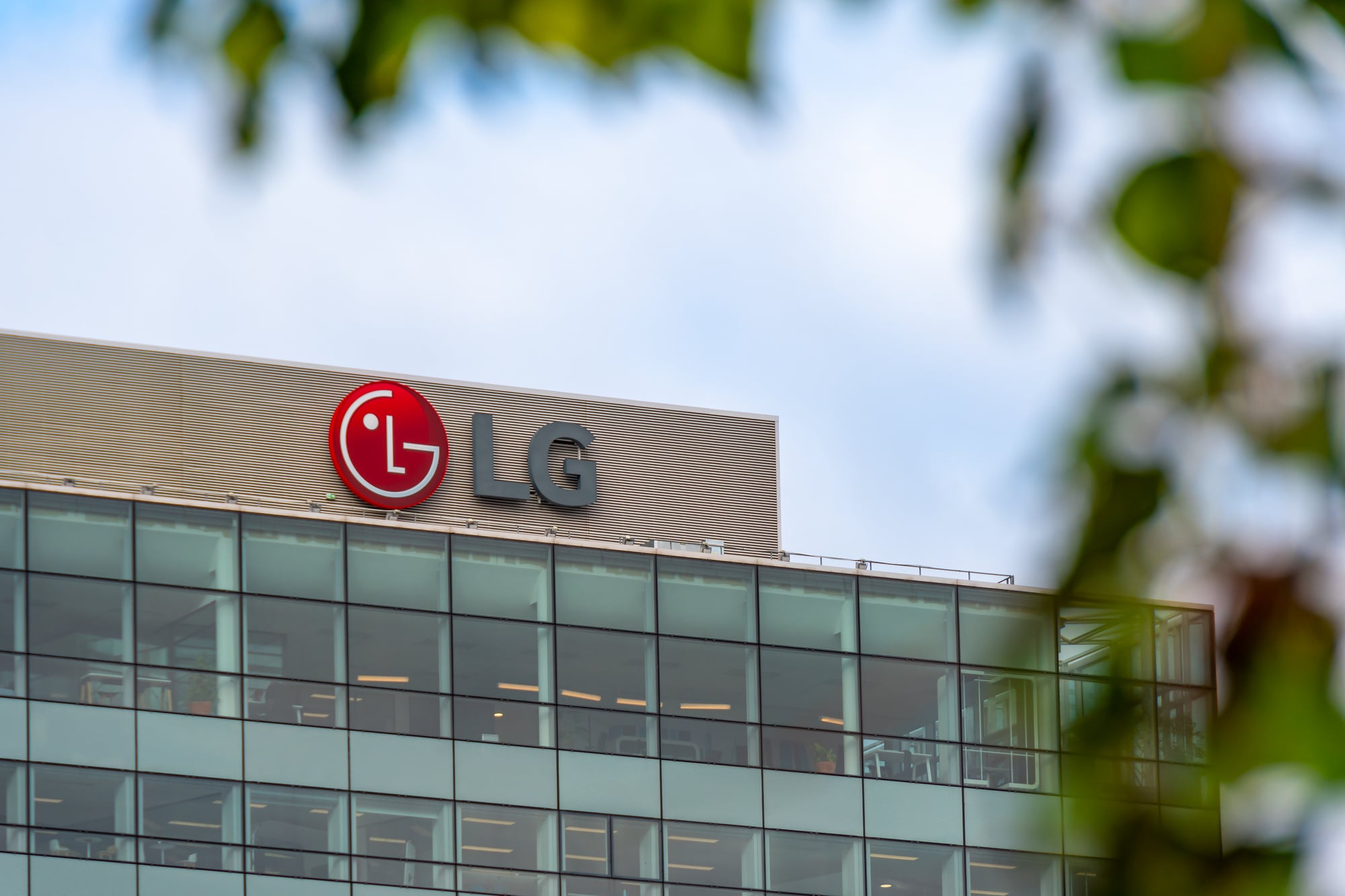Fr. Ezra Sullivan Presentation on Wealth vs. Happiness: How Global Prosperity Fuels Depression

Fr. Ezra Sullivan, Director of Project Vision, delivers presentation on human flourishing at Humanity 2.0 (Vatican City)
(ESG News) – It’s true: More money, more problems.
Slain hip-hop artist Notorious B.I.G. in the 1990s rapped about his surging cash flow. He said his sudden increase in assets increased his notoriety, resulting in bigger troubles.
The Rev. Ezra Sullivan, director of Project Vision at Humanity 2.0, talked about this at the 2019 Humanity 2.0 summit at the Vatican.
“We have growing global wealth,” Sullivan said during his event presentation. “Here we have, though, a problem. It seems as if the increase of wealth is directly connected to depression.”
A 2011 article published by BMC Medicine found major depressive episodes or MDE is a “significant public-health concern across all regions of the world and is strongly linked to social conditions.”
But the “highest prevalence” of MDE occurred in “some of the wealthiest countries in the world,” the authors found.
Another researcher, Suniya S. Luthar, in 2003 found children of affluence have “problems in several domains,” including depression and anxiety.
Sullivan, an ordained priest, in his presentation said sustainable development data clearly show “there is a direct correlation between greater wealth and greater depressive disorders.”
“The number of people who are increasing in their depression,” he said, “is growing in every single region.”
The so-called World Happiness Report of 2020 ranks Finland, Denmark, Switzerland, Iceland and Norway as the world’s five happiest nations on Earth, with the United States ranking No. 18.
The world happiness rankings are based upon self-assessment survey responses, which take into account GDP per capita, social support, healthy life expectancy, freedom, generosity and absence of corruption.
But Finland’s suicide rate of 14.6 per 100,000 persons in 2017 ranks as one of the highest in the world behind countries like Japan and South Korea, according to OECD data.
How can the world’s No. 1 happy country have such a troubling suicide rate?
“It seems as if now the happier you are the more depressed you are and the more you don’t want to live,” Sullivan said. “It’s almost as if the more wealth you have the less you want to live to have and use that wealth.”
Sullivan analyzed this conundrum to come up with answers. He assembled a team of experts comprising a psychologist, medical doctor, lawyer doubling as a businessman, ethicist and scholar of feminist literature to study this issue on a small scale.
Over 2,000 years ago, the Greek philosopher Aristotle argued that human flourishing requires these five markers: Pleasure, excellent activity, friendship, contemplation or use of the mind, and prosperity or worldly success.
The late Abraham Maslow in the 1940s drafted extensive research identifying the hierarchy of needs for human beings.
Sullivan’s group in the 21st century developed a new human flourishing map building upon Maslow’s work.
What Maslow missed, Sullivan said, is the need for toys.
Pet owners often buy toys for their furry friends, spending millions of dollars annually to promote pet happiness. “If the dog and the cat need a toy,” Sullivan said, “then how much more do we need toys? This is why people keep buying new phones.”
Sullivan also highlighted spirituality as a key ingredient to human flourishing, as well as world peace.
Religion and political systems are “sensitive topics” that often lead to arguments, Sullivan said, adding Humanity 2.0 was founded on the principle of finding “common ground” in frameworks that promote individual flourishing.
Embracing stress-relieving activities like sports and exercise, while enjoying nature and having “access to adequate toys and play” is critically important for mental health and wellness, Sullivan said. “Maslow didn’t talk about play.”
A 2013 Work Stress Survey conducted by Harris Interactive on behalf of Everest College found that 83% of Americans are stressed by at least one thing at work.
Business experts Joel Goh, Jeffrey Pfeffer, and Stefanos A. Zenios in 2015 wrote a report finding that “more than 120,000 deaths per year and approximately 5%–8% of annual healthcare costs are associated with and may be attributable to how U.S. companies manage their workforces.”
Their research showed 5% to 8% of the total national health care expenditure amounted to $134 billion to $190 billion in 2008.
“We have to look deeper than just immediate concerns of people,” Sullivan said. “We have to look deeper. What are the deeper obstacles, those things which stop us from flourishing?”
While money certainly helps, it’s not necessarily the solution to all problems and sometimes causes more depression.










